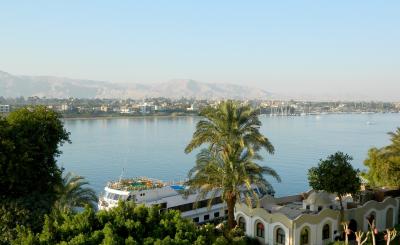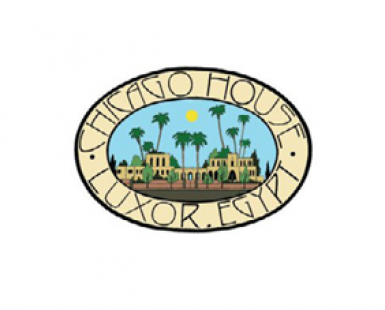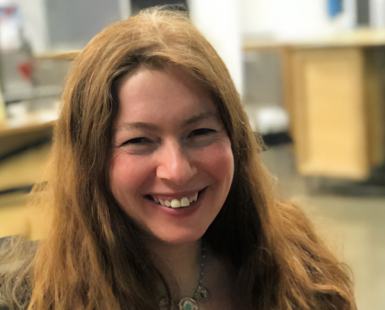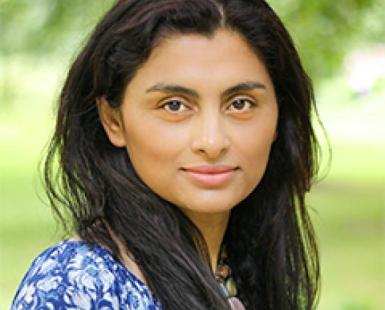


The Center for Middle Eastern Studies coordinates, encourages, and stimulates study of the region extending from Morocco to Kazakhstan. It encompasses undergraduate and graduate degree programs and language studies, brings visiting scholars, and serves as a forum for the exchange of ideas on all issues relating to the Middle East.
The Committee on African Studies brings together faculty and students from a variety of disciplines and scholarly perspectives who share an interest in engaging directly with the continent and its peoples, histories, cultures, and societies. We also share a commitment to the idea that Africa is critical to challenging and advancing social scientific and humanistic modes of inquiry.





This collaboration between archaeologists and geneticists will analyze DNA from ancient human remains excavated in the Middle East in order to reconstruct population movements and assess the prevailing explanations for cultural change in the Bronze Age civilizations of this region.
This summer, an international team led by Assoc. Prof. James Osborne and Asst. Prof. Michele Massa (Bilkent University) broke new ground on an ancient city, as they secured permission to excavate Türkmen-Karahöyük—an archaeological site in central Turkey—for the first time ever.
Through a series of hackathons, this international collaboration will map all qanat systems from North Africa to Central Asia, paving the way for a more comprehensive understanding of ancient water management infrastructures as well as faster adoption of AI in the archaeology and cultural heritage sectors.
The Ministry of Economy and Planning in Saudi Arabia has formalized a three-year research agreement with the University of Chicago’s Division of Social Sciences, aiming to bridge the gap between cutting-edge research and effective public policy.
on June 3rd 2024, his Royal Highness Prince Abdul Aziz bin Talal bin Al Saud, President of the Arab Gulf Programme for Development and Professor Michael Kremer, 2019 Economics Nobel laureate and Chair of the Innovation Commission, signed a Memorandum of Understanding to transition food systems innovations to scale to address challenges of desertification, drought, and land degradation.